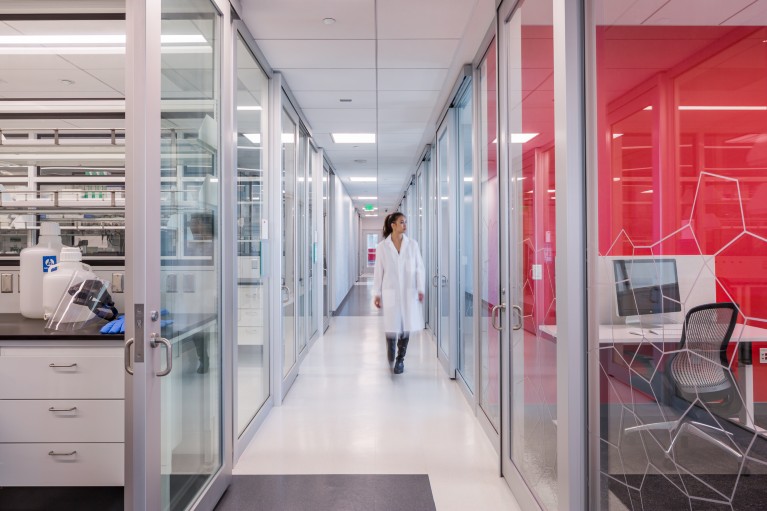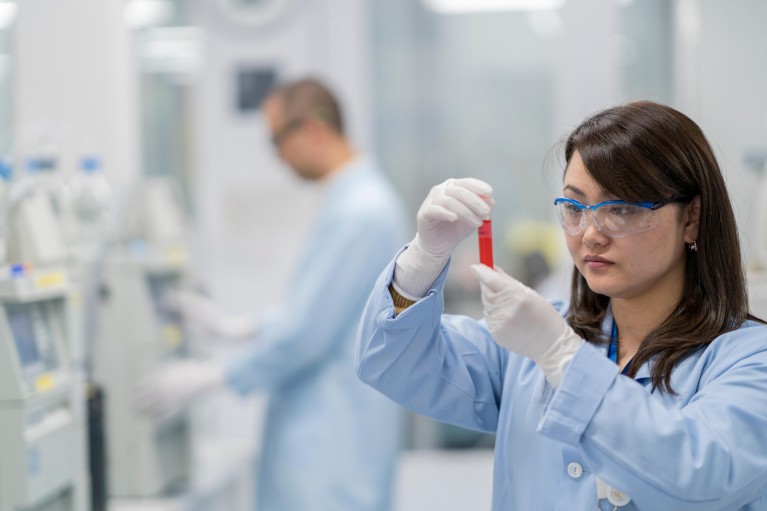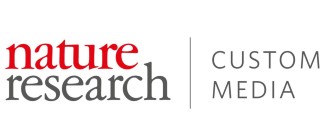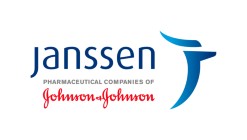
Finding new drugs is becoming more expensive, but also more exciting. Globally, the cost of developing drugs and taking them to market has almost doubled since 2010, while return on investment is one fifth of what it was. But Janssen Pharmaceutical K.K. (Janssen Japan) believes the seeds of many potential drugs lie untapped within Japanese academic institutions.
Japan’s drug researchers are working in the world’s third-largest pharmaceutical market, explains Rami Suzuki, head of Medical Affairs Division at Janssen Japan, adding that Japanese universities and research institutes are rich in the right types of intellectual capital.
“Many research projects are aimed at elucidating the fundamental mechanisms of diseases and new modalities we are looking for,” she says.
The government has also hastened drug approval systems, giving the go-ahead to new lines within an average of 11.8 months in 2017, compared to 20.7 months a decade ago. Janssen Japan has been gaining momentum in this space, seeing double-digit growth in 2018.
Suzuki says it’s time for the company to invest more in collaborations with academic life science leaders in Japan.
The Janssen group-wide strategy is to acquire research from third parties to develop drug candidates, and it has advanced a number of blockbuster drugs this way, including: interleukin 12/23 antagonist, a treatment for Crohn’s disease; anti-CD38 antibody, for patients with multiple myeloma; and, a long-acting injectable atypical anti-psychotic, a treatment for schizophrenia.
Similarly, Janssen has developed Japanese antibody research to treat palmoplantar pustulosis, a debilitating skin disease slightly more common in Japan than in Europe or the United States.
The chronic condition, most often affecting women in their 40s and 50s, causes pustules and inflammation on the palms of the hands, or soles of the feet, in roughly 0.12% of Japan’s population.
Interleukin-23 antagonist is the first and only biologic treatment available, and last year the Japanese health authority was the first to approve the sale of the drug, which targets interleukin-23, a protein that plays a role in inflammation. The drug has also been approved as a treatment for a variety of psoriasis conditions.

ON THE CARDS: LONG-TERM COLLABORATIONS
A few hundred researchers are working on nine other drug candidates for the country. However, the company sees increased local academic collaboration as a safeguard for long-term drug pipelines and patient outcomes. “The fruits of years of hard work can go beyond our imaginations,” says Suzuki. “Companies should be supporting this.”
Signalling their long-term vision, in the past two years the company has launched three bilateral partnerships, with Osaka University, the University of Tokyo Center of Innovation and Kyoto University respectively.
In collaboration with the Japan Society of Inflammatory Bowel Disease, Janssen Japan has also begun to enrol newly diagnosed patients with Crohn’s disease, to collect data over four years.
This registry is targeted at 900 patients. Using a mobile app, which allows patients to input data, it will help communicate the long-term outcomes of the patients’ condition with doctors. This year, the company plans to start another registry, aiming to enlist 1,000 patients. The plan is to launch registries for other diseases as well.
Such a large-scale, long-term registry is still rare in Japan, so “it is highly challenging,” Suzuki says. “But we are striving to be the most trusted pharmaceutical partner for researchers.”
Suzuki says the global pharmaceutical powerhouse, attached to Johnson & Johnson, increasingly recognizes that Japan is “a global hotspot for innovation with a strong track-record for game-changing healthcare solutions.”
Suzuki and her colleagues now regularly meet with researchers at their partner universities to discuss and evaluate early-stage research in pharmaceuticals, medical devices, consumer products and vision care, aiming to cultivate joint research projects.
COMMUNITY BUILDING
Janssen Japan’s recent buy-ins range from their long-term registries, to moves to develop a vibrant university and research network base.
In July 2018 Janssen Japan hosted a seminar at the 18th World Congress of Basic and Clinical Pharmacology in Kyoto to address the importance of big data in science and the career development of female scientists.
Then, in October 2018, Janssen Japan and the University of Tokyo held a joint symposium to discuss future healthcare technologies and to help enhance the visibility of Johnson & Johnson’s interest in collaborative opportunities.

Researcher exchanges and internships are also taking place, as well as mentoring of researchers in collaboration with the University of Tokyo’s World-leading Innovative Graduate Study Program for Life Science and Technology. Through this contact, Janssen Japan gives researchers, regardless of MoU agreements, advice on starting businesses and filing patents. These initiatives, says Suzuki, represent a broad gesture of a deep and expanding investment in Japan’s academic community.



 Nature Index Japan 2019
Nature Index Japan 2019